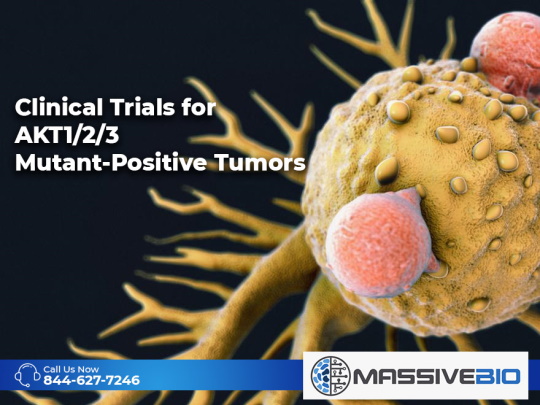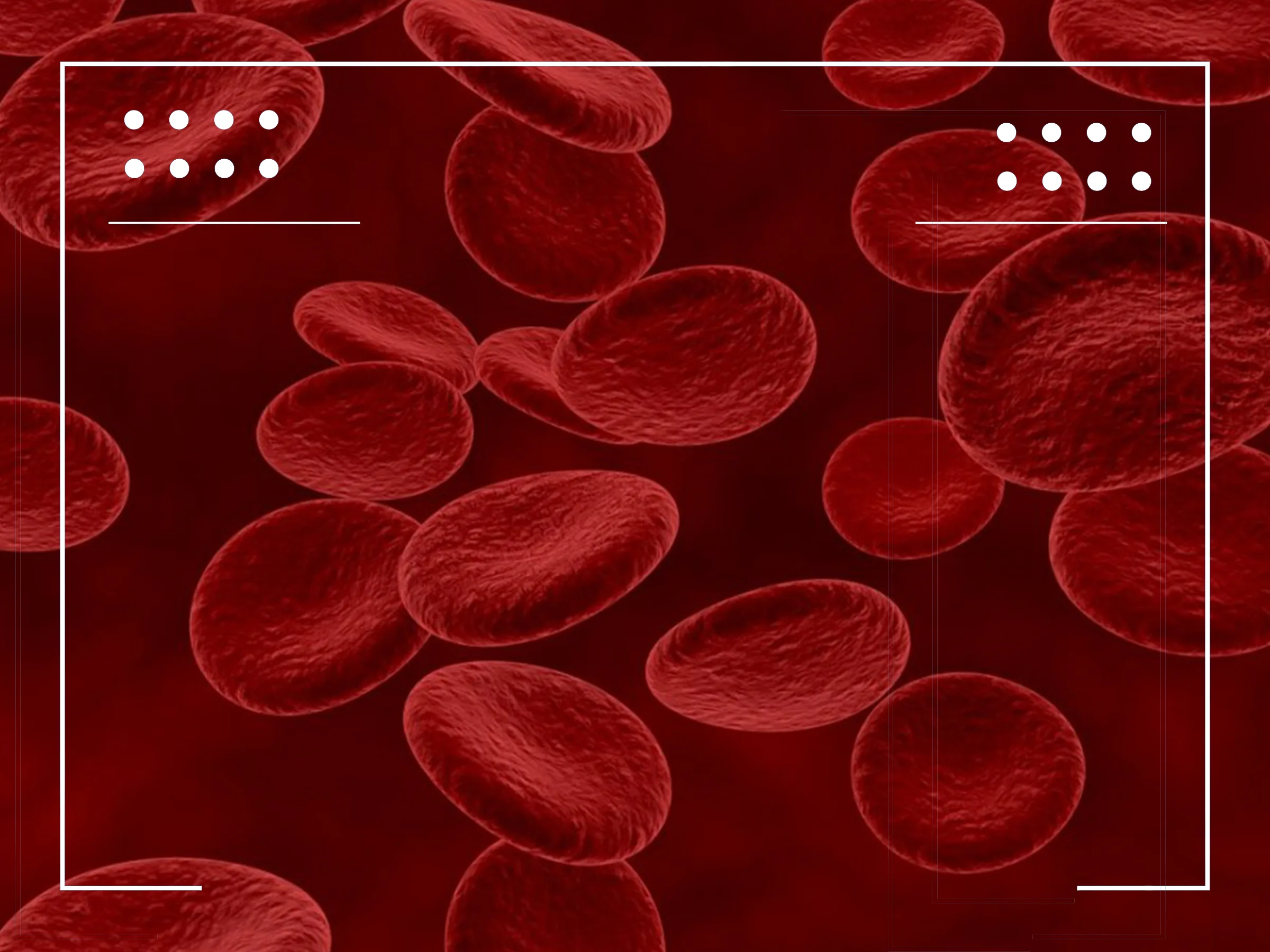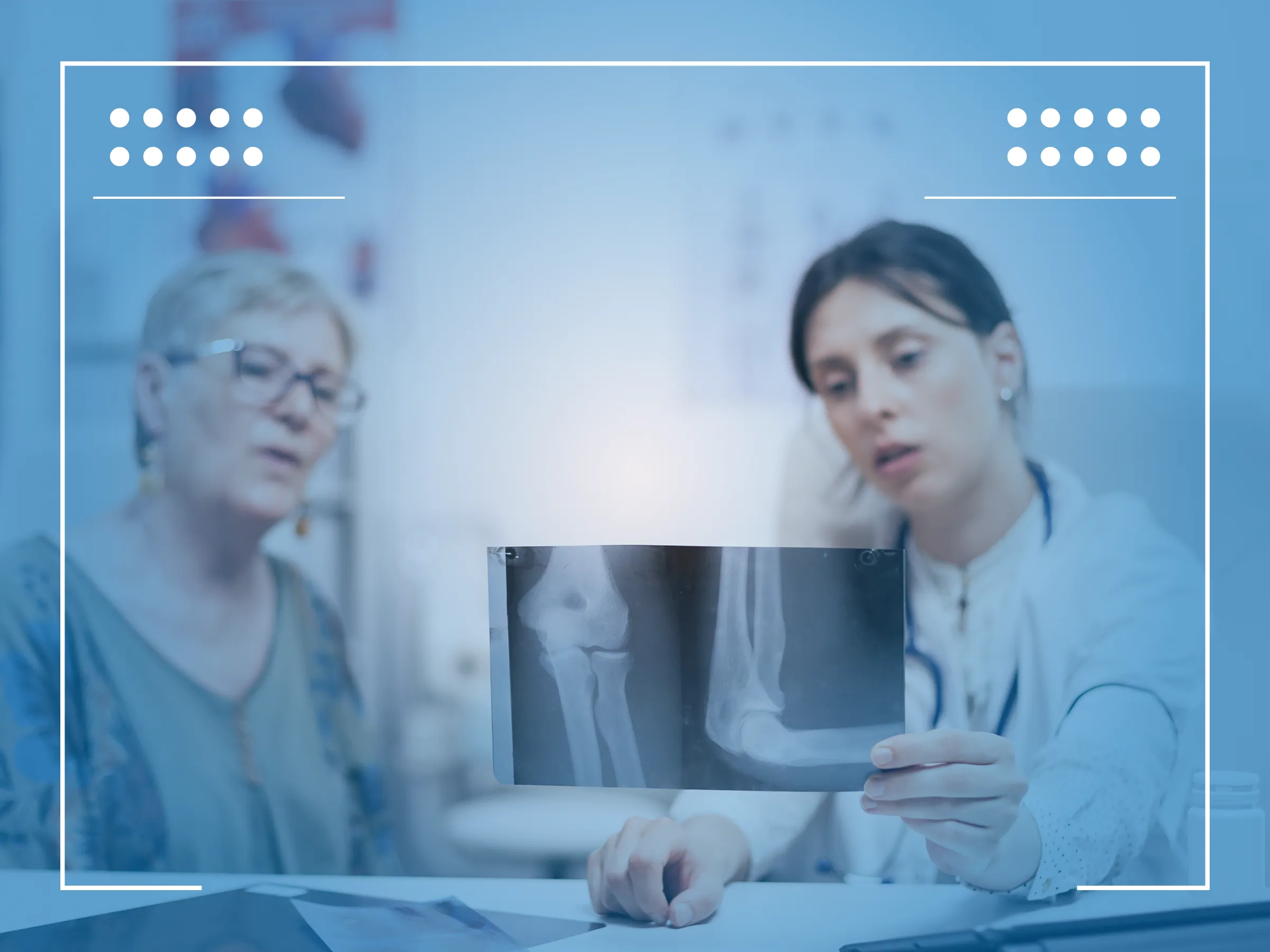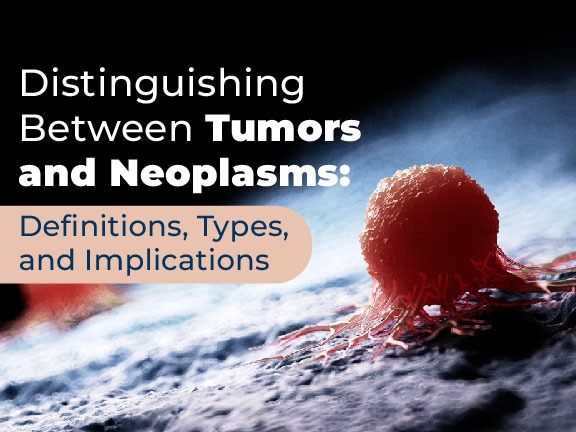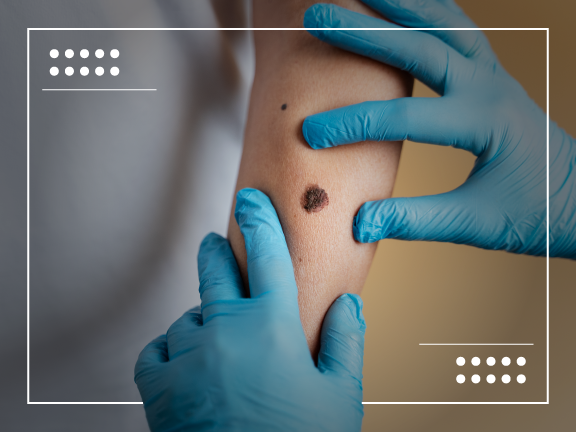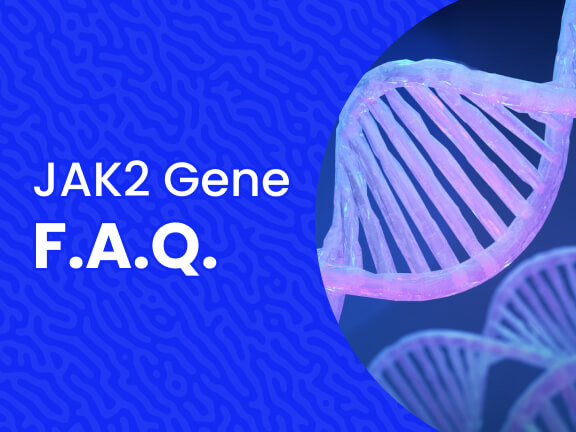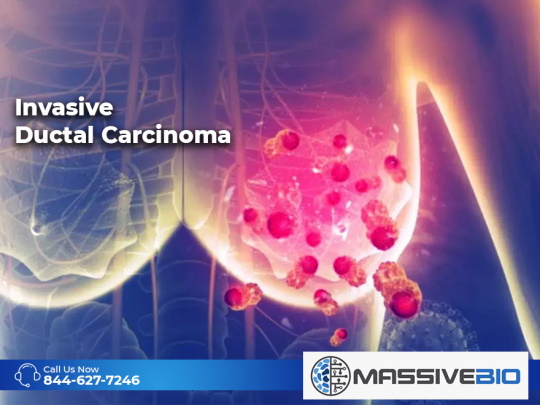Clinical trials for AKT1/2/3 Mutant-Positive Tumors are available for enrollment now. For those affected by AKT1/2/3 Mutant-Positive tumors, the treatment options may be confusing because these types of mutations are not commonly spoken about. The AKT1/2/3 genes provide instructions for making AKT kinase, which regulates processes including metabolism, proliferation (cell growth and division), apoptosis (the self-destruction of damaged cells), and more. The AKT gene belongs to a class of genes called oncogenes, which can potentially become cancerous when they mutate. AKT-1, AKT-2, and AKT-3 are human isoforms of AKT, which express differently in specific cancers. According to the National Center of Biotechnology Information (NCBI), the AKT1 gene mutation is associated with colorectal cancer, hereditary breast cancer, ovarian cancer, Cowden syndrome 6, and proteus syndrome.
AKT1/2/3 Mutant-Positive Tumors Treatment
The importance in understanding if a genetic mutation such as AKT1/2/3 is present in a patient’s cancer lies in the advancements in clinical research being done in targeted treatments and the use of inhibitors, which are treatments that target genetic mutations, often more effectively than the standard treatment. Clinical trials for AKT1/2/3 mutant-positive tumors will allow researchers and doctors to understand if AKT inhibitors effectively treat these tumors.
Testing for AKT1/2/3 Mutation and Other Mutations
Patients who want to better understand if they have a genetic mutation such as AKT1/2/3 or other mutations should consult with their physician on how to get genetic testing done. The NCBI’s Genetic Testing Registry has 149 tests that test for the AKT1/2/3/ mutation, and many more tests for other genetic mutations. Clinical trials are continuously researching targeted therapies for specific genetic mutations. Patients who are looking into clinical trials should get genetic testing done to best understand what trial is most likely to benefit them. Testing is generally done by obtaining a small sample of body fluid or tissue, such as blood, saliva, or cells from inside the cheek.
Resources:
https://clincancerres.aacrjournals.org/contents
https://medlineplus.gov/gene/akt1
https://www.ncbi.nlm.nih.gov/genes-1
https://www.ncbi.nlm.nih.gov/genes-2
https://www.cancer.gov/genetic-testing-fact-sheet



